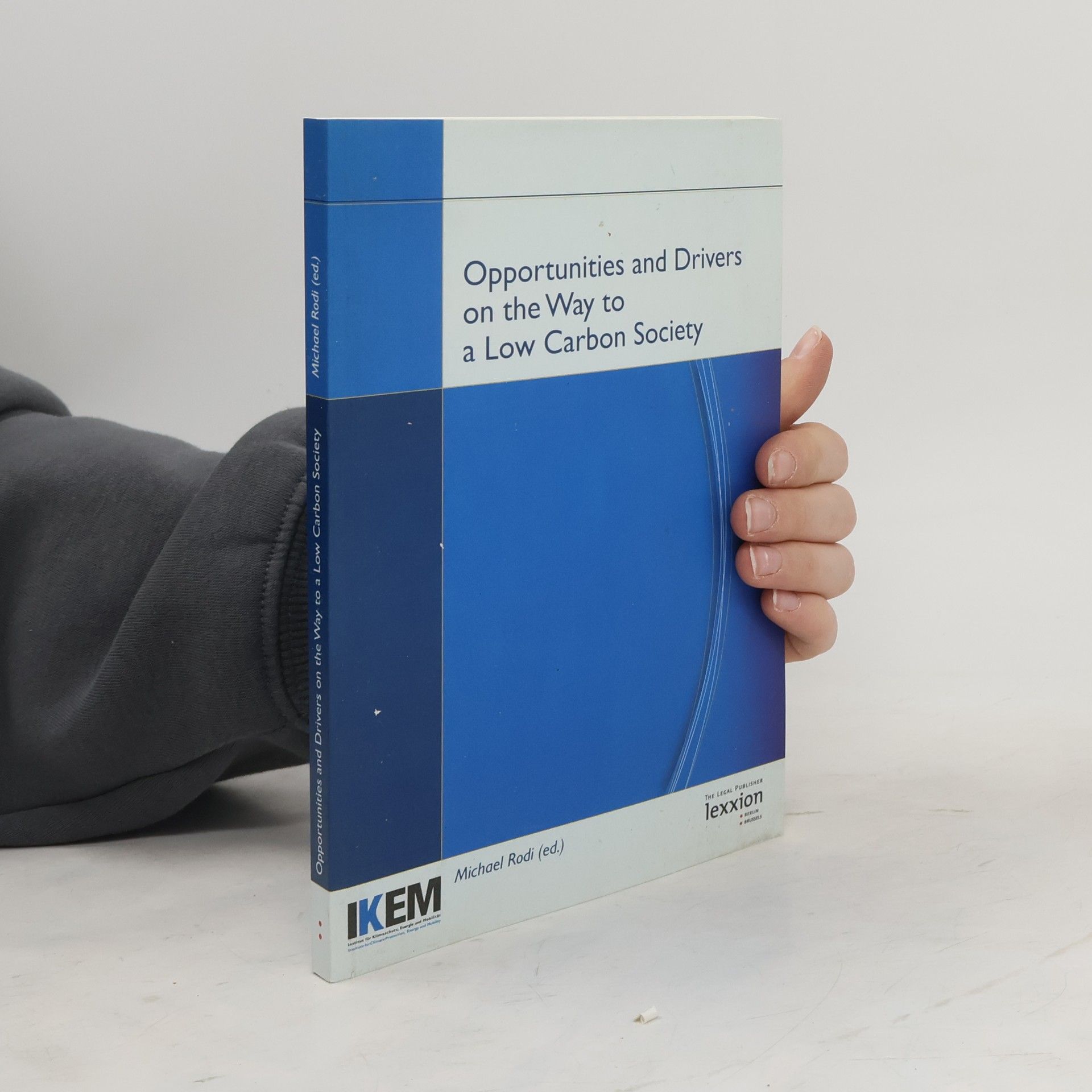Opportunities and Drivers on the Way to a Low Carbon Society
Proceedings of the Summer Academy Energy and the Environment, Guildford, Surrey and London 24 - 29 July 2011
- 154bladzijden
- 6 uur lezen
Climate change, financial crises and the depletion of fossil fuels are all symptoms of an increasingly apparent cause: The ultimately unsustainable nature of our current model of consumption, production and overall society. As countries around the globe are committing to greener practices and policies, the issue of sustainability has become a standard point on the agenda of policy-makers. Although the transition to a low-carbon society has proven to be extremely challenging, the ecological, economic and social benefi ts are multifold. From job creation to improved public health, from preserved bio-diversity to new business prospects, the 2011 volume of the Summer Academy proceedings addresses the opportunities on the way to a low-carbon society, and draws attention to the obstacles as well.

